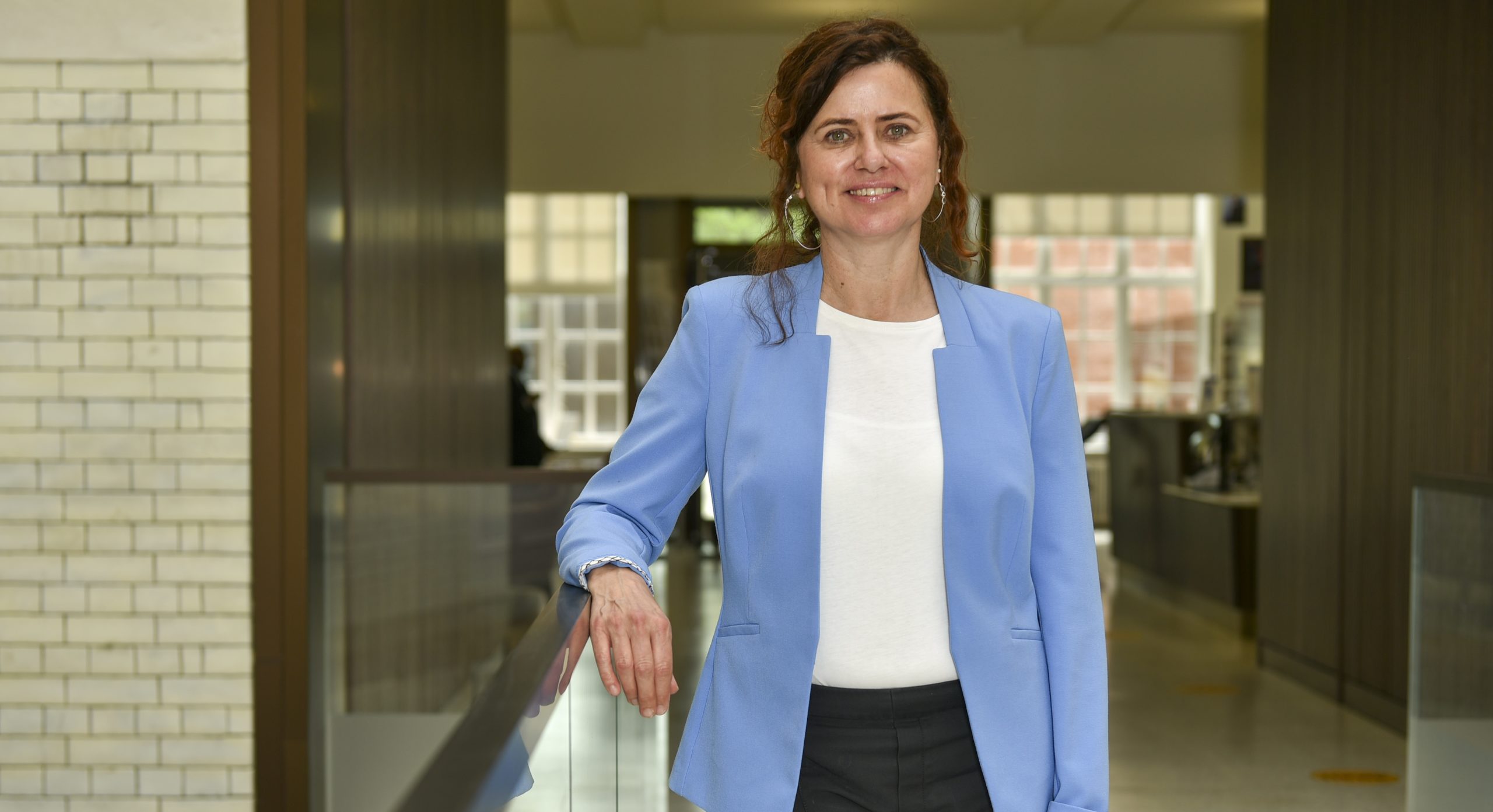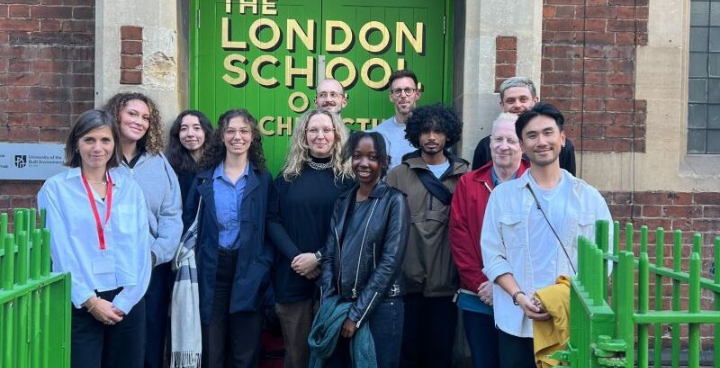
Lambeth Council has shown how local authorities can play a leading role in the fight to tackle the climate crisis – we are the first London borough to have announced a Climate and Ecological Emergency.
We have been implementing a number of policies to make Lambeth the most environmentally responsible borough in London, but the new year offers new opportunities to deliver a safer, cleaner and more climate resilient borough in 2022.
As we come to the end of another Covid-19 disrupted year, it is important that we can look back and reflect on the successes and achievements in addressing the challenges of the climate emergency.
Looking ahead to the new year, we have bold and ambitious plans to deliver on our climate commitments.
In November I visited Glasgow for the COP26 summit on the climate crisis to see first-hand the vital contribution local authorities have in shaping a more climate resilient future. The learning and shared conviction to make positive change for our planet was inspiring and has convinced me that we are on the right track.
Lambeth has already committed to becoming carbon neutral across our council buildings and operations by 2030 and we have made excellent early progress.
We have invested our resources, as well as using grant funding, to retrofit 23 of our schools to reduce their carbon footprint and we are moving towards using electric vehicles across our council fleet.
Work on converted our Grade II listed Brockwell Hall will be completed by the Spring, which will greatly reduce the building’s carbon emissions.
To fulfil our climate promises we have to come up with bold and ambitious plans to transform Lambeth in the long term.
We have also made progress on transforming our local streets to enable safer modes of travel such as cycling or walking through our Low Traffic Neighbourhoods (LTNs).
After introducing five temporary schemes during 2020, we recently announced our intention to make the Railton and Oval to Stockwell LTNs permanent following an extensive consultation, with the decisions on the other schemes to follow in due course.
LTNs are planned to protect those who require access to cars they are a fair and useful tool in helping to reduce our reliance on motor vehicles, improving air quality and reducing our carbon footprint.
They also allow us to incorporate elements like pocket gardens and sustainable drainage to prevent flooding, which will having a lasting impact on all our lives.
Improving the quality of the air we breathe is a priority, with our recent Air Quality vision committing World Health Organisation Targets.
The council will continue to implement public realm improvements to make the environment safer for cyclists or pedestrians, while introducing green screens to minimise pollution around the busiest roads.
Taking on board the views of residents and businesses has been crucial during 2021.
I am enormously proud of the work carried out by the first-ever Citizen’s Assembly on the Climate Crisis that brought Lambeth residents together to help shape our climate future policies.
Over six weeks the group heard from climate experts, local campaigners, and community groups about what can be done to tackle the climate crisis. They developed 13 recommendations touching on issues from active travel to green spaces.
The recommendations will now feed into our forthcoming Climate Action Plan that will be the cornerstone of all our work over the next few years. We have been working with over 30 key institutions to ensure future policies can be effective for everyone, building on the foundation that the Citizens Assembly will create in Lambeth.
I am also delighted with the launch of Sustainable Ventures at the former Greater London Council building in Waterloo as an incubator for low-carbon tech businesses.
It is tremendously exciting for Lambeth to help deliver the new workspace and help foster innovation around the climate agenda and support good green jobs.
Cllr Claire Holland
Lambeth Council leader



